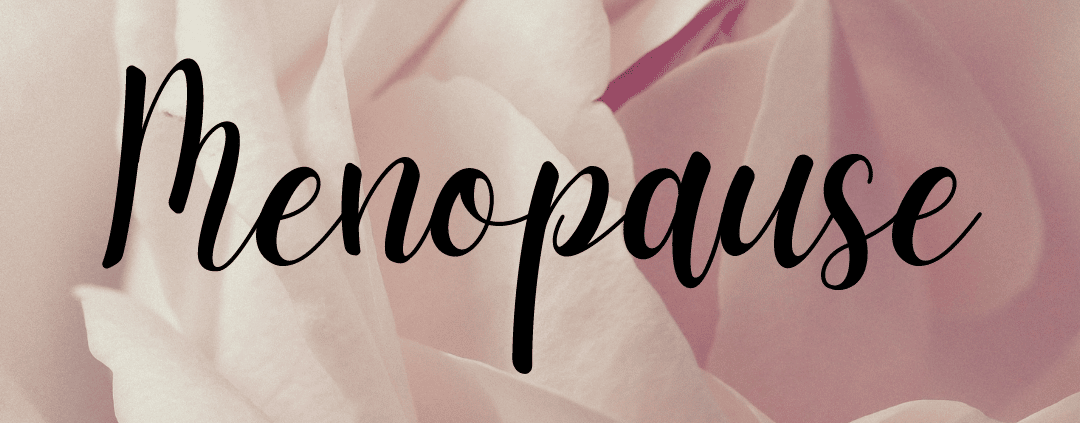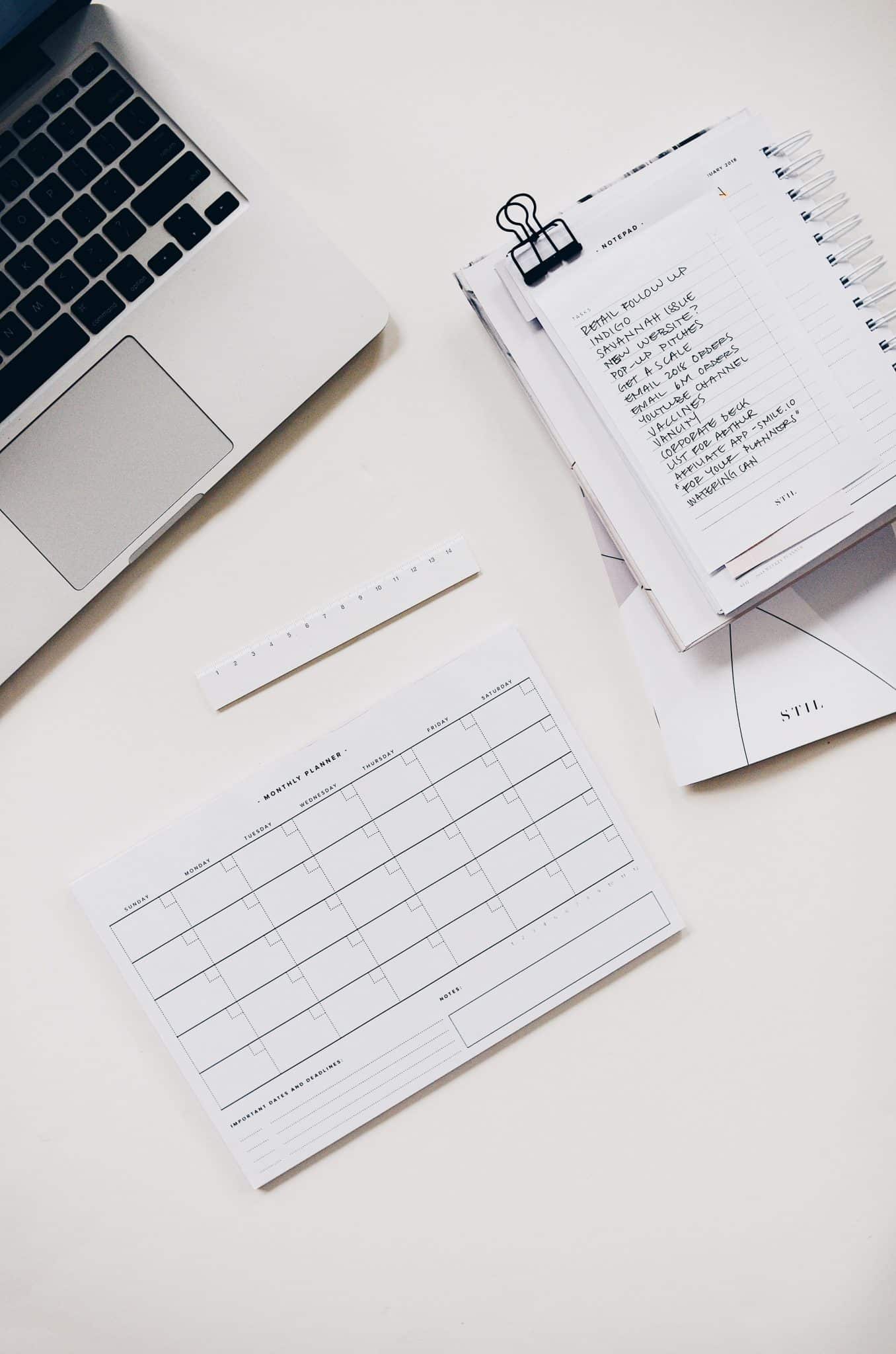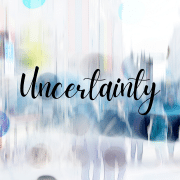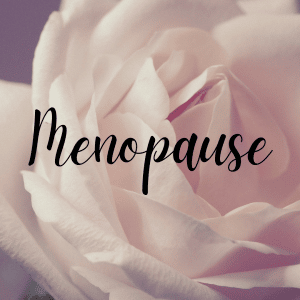 Over the course of six blogs we are looking at Menopause. Why? Because so many women go through it, without understanding the changes, and how they can manifest. I was diagnosed with burnout back in 2011. I realise, with hindsight, that menopause was a major contributing factor to my symptoms and mental state. Are you in a similar situation? We can have a much better transition if we have a better understanding of menopause. We can learn to work with our bodies and find our personal path.
Over the course of six blogs we are looking at Menopause. Why? Because so many women go through it, without understanding the changes, and how they can manifest. I was diagnosed with burnout back in 2011. I realise, with hindsight, that menopause was a major contributing factor to my symptoms and mental state. Are you in a similar situation? We can have a much better transition if we have a better understanding of menopause. We can learn to work with our bodies and find our personal path.
In this blog we’re talking about natural ways to deal with menopause vs HRT. We spoke to acupuncturist and Shiatsu practitioner, Dan Thompson for his experience with using acupuncture and Chinese medicine to manage symptoms.
What is HRT and Natural Therapy?
How much do you really know about treatment in menopause? It is safe to say that there is a lack of education when it comes to why, when and what different remedies we can use for managing menopause symptoms. Menopause tends to blindside women when it hits because they know very little about it. So what is HRT? HRT (Hormone Replacement Therapy) simply replaces the oestrogen and progesterone that our bodies are no longer producing so much of with synthetic substitutes. It’s best known for managing hot flushes, night sweats and mood swings. There are many forms of HRT such as tablets, skin patches or gel. These can only be prescribed by a doctor.
However, according to the Women’s Health Concern (the patient arm of the British Menopause Society) 95% of women would rather try natural alternatives over taking HRT. Although not risk free, it is most likely because there are fewer risks involved in natural treatment. It could also be that as menopause is a natural process, women like to get through it with natural or alternative medicine. Natural remedies do not replace hormones like HRT does. It relieve symptoms by balancing the hormones at their new lower level. Types of natural medicines for managing menopause symptoms include Herbalism, Chinese Medicine, Homeopathy, Ayurveda and Naturopathy.
How do people feel about HRT?
The main concerns women have surrounding HRT are the risks and side effects that could possibly derive from it. Side effects can be anything from migraines to weight gain. The newer bio-identical hormones delivered through creams and patches are gentler on the system. It can take a little while to find the right dosage for an individual. How your body reacts to it is important when deciding whether to carry on with the treatment.
When deciding to go down the path of HRT, a GP will take into consideration a persons medical history, such as high blood pressure, blood clots, liver disease and previously having or being at high risk of breast cancer. Although a very rare occurrence, HRT has been linked to women developing breast cancer.
Women who take HRT for more than 1 year have a higher risk of breast cancer than women who never use HRT. The risk is linked to all types of HRT except vaginal oestrogen. “The increased risk of breast cancer falls after you stop taking HRT, but some increased risk remains for more than 10 years compared to women who have never used HRT”. For Further information in this area see the link about HRT on this NHS Website.
Many women are scared off by these risks. But with good professional advice it can be a solution to managing menopause symptoms. HRT is a generalised medication. A single solution for a possible 49 different symptoms. It is not tailored to the individual, meaning that it may help some symptoms and not others.
Are there risks in natural therapy?
Just like HRT, natural medicine can be very hit and miss without professional guidance. While many women opt for natural solutions to manage symptoms, it could take some trial and error to find exactly what it is we need. How many of you have turned to google when looking? Who has self-prescribed evening primrose oil or some herbal remedies? However, what works for one woman may not work for another. Ultimately, so much trial and error could ultimately end up making symptoms worse or lead to women giving up and turning to HRT. For instance, there are 551 possible homeopathic medicines for hot flushes alone. Finding the right one involves a complex case-taking process by a professional homeopath.
Acupuncture and Chinese Medicine
Acupuncturist Dan Thompson told us that he sees many women turning to Acupuncture and Chinese medicine to manage perimenopausal symptoms. Hot flushes, fatigue and irregular periods are just some of the many symptoms that people use Acupuncture for. It is a practice in which thin needles are placed in certain points of the body for a number of beneficial effects. Acupuncture is about stimulating the right pressure points with needles based on symptoms or diagnosis.
In Chinese medicine, the general aging of both men and women can be referred to as ‘Kidney Yin Deficiency’. Certain symptoms may also present as a depletion of Kidney essence. According to the Yin/Yang principles, Yin encourages the cooling process and Yang provides the warming function. Both Yin and Yang play a significant part in health, therefore diagnosing and treating signs and symptoms is prevalent in menopause. Stress and aging can cause disharmonies and depletion of our yin which can induce symptoms like insomnia leading up to menopause. Through this important stage of life, both yin and yang need nourishment to maintain a healthy balance of all symptoms during the menopause.
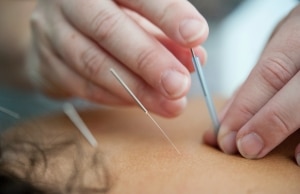 Why should we use them?
Why should we use them?
Our bodies and hormones are in a natural state of flux throughout the aging process. Symptoms will present themselves because menopause is a natural process. We have to go through it regardless! Managing naturally might come with a sense of accomplishment. But it is important to look after yourself with nutrition and exercise too. We have to adapt our health and lifestyle habits as we get older. The needs of our bodies change so it is important to change with it. So using different management methods that suit our individual experience with menopause is really good for us.
We should also keep in mind that symptoms are not just physical! Emotional symptoms such as anxiety and depression can also be associated during this time. Managing emotional health goes hand in hand with looking after our physical health. One of the goals of using Acupuncture and Chinese medicine is to regulate hormones and reduce excess symptoms. Utilising all of these natural therapies to treat menopausal symptoms creates a healthy balance physically and within our mind.
Thank you to Dan Thompson from Southend Acupuncture for sharing his expertise with us. If you would like to know more about acupuncture and Chinese medicine, you can visit Dan’s website or contact him here.
Next week we will be looking at menopause from a scientific point of view.
- Taboo and Ignorance
- Menopause and Stress
- Natural VS HRT – Part 1
- Natural VS HRT Part 2
- Menopause in the Workplace
- The Hidden Gift of Menopause

